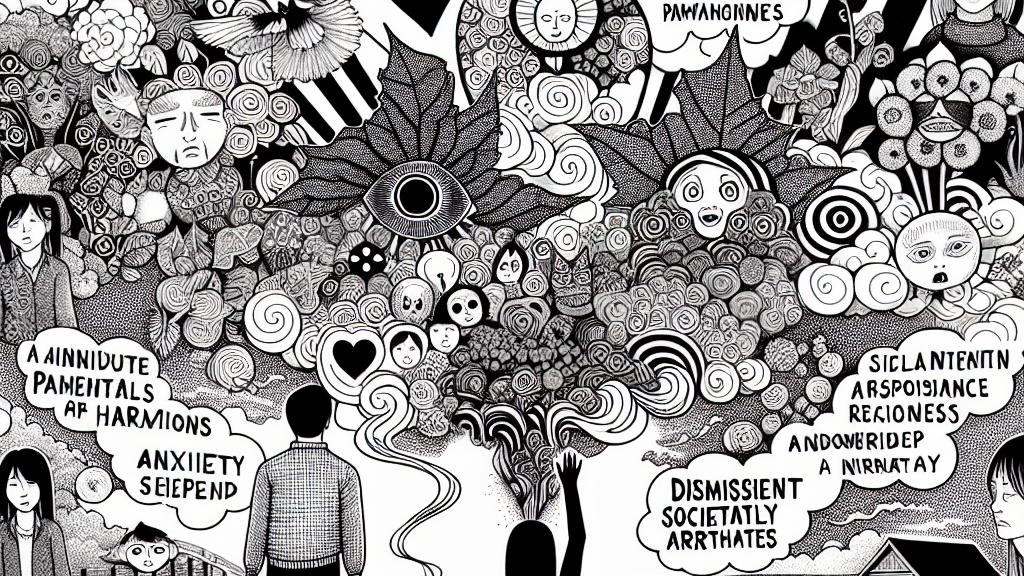Blame Game: Unpacking the Burden of Toxic Parenting
Overview
- Toxic parenting results in significant and lasting impacts on emotional and physical well-being.
- Recognizing different types of toxic parenting is crucial for personal healing and understanding.
- Gaining independence from toxic parents involves confronting painful pasts and restructuring one’s identity.

The Impact of Toxic Parenting
In Japan, the conversation about toxic parenting is gaining momentum as more individuals share their deeply personal stories of emotional and psychological harm caused by inadequate parental figures. This issue has far-reaching consequences, manifesting in mental health struggles, low self-esteem, anxiety, and difficulties in adult relationships. Many are conditioned to believe that they should simply move on from their childhood experiences, often hearing dismissive phrases such as "Stop blaming your parents!" However, this perspective ignores the complexity of how a toxic upbringing can fundamentally shape one’s sense of self. The emotional wounds inflicted by neglectful, controlling, or abusive parenting often extend well into adulthood, making it essential for individuals to acknowledge their past in order to foster healing and reclaim their narrative—this is the first step toward transformation and empowerment.
Understanding Toxic Parenting Types
Toxic parenting can manifest in various ways, broadly categorized into distinct types: over-involved, controlling, neglectful, and abusive. Over-involved parents may express affection in ways that actually smother their children, inhibiting their ability to develop autonomy and self-confidence. Controlling parents impose rigid standards, inadvertently instilling feelings of inadequacy when children fail to meet those expectations. Meanwhile, neglectful parents create a sense of emotional void, resulting in children feeling unloved and invisible. Abusive parents might inflict visible or emotional harm, leading to trauma that can last a lifetime. Recognizing these toxic patterns is essential for individuals to process their experiences accurately, granting them the understanding needed to break down the invalidating frameworks imposed upon them. Identifying past influences not only validates their feelings but also facilitates their journey toward healing and autonomy.
Moving Forward: Embracing Independence
Achieving independence from the constraints of toxic parenting can be a challenging yet liberating journey. It begins with acknowledging the emotional impact of past traumas and understanding that healing is possible. Setting healthy boundaries is paramount; it empowers individuals to reclaim their narratives and prioritize their own needs. Various resources such as therapy, support groups, and self-help literature play a critical role in facilitating this transformation, offering practical tools and insights into personal growth. As individuals learn to assert themselves and cultivate self-love, they shift their focus away from seeking validation from their toxic parents to affirming their own worth and potential. This shift is not merely about breaking free, but reconstructing a life filled with healthy relationships, emotional stability, and a robust sense of self. In doing so, these individuals not only heal but also forge pathways towards fulfilling lives, distinctly separate from the shadows of their past.

Loading...